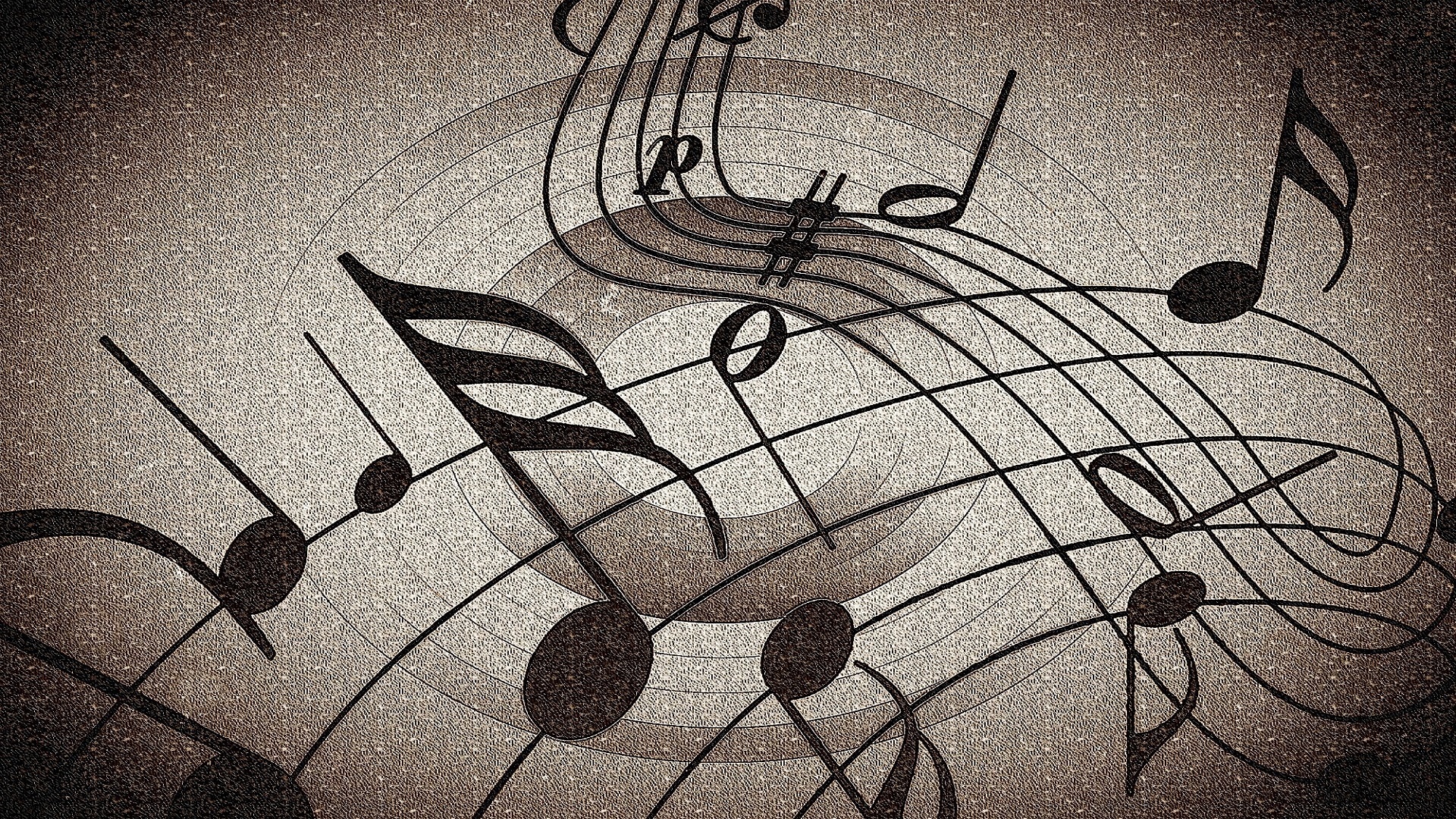Music festivals have emerged as vibrant microcosms of cultural exchange, capturing hearts and minds across the globe. They are more than just gatherings for auditory pleasures; they serve as conduits for the convergence of diverse cultures, ideologies, and creative expressions. This intersectionality becomes particularly pertinent when considering the context of globalization and its inherent complexities. What is it about music festivals that captures the imagination and interest of such a diverse audience? This inquiry delves into the multifaceted reasons behind the fascination with these communal celebratory events.
At the heart of the phenomenon lies the universal language of music. Music transcends linguistic barriers, acting as an emotional conduit that resonates deeply with individuals regardless of their backgrounds. The auditory experiences provided at festivals evoke emotions, foster connections, and create a sense of belonging. This can lead to heightened feelings of unity among attendees. Amidst a sea of strangers, the shared experience of enjoying live performances generates bonds that often extend beyond the event itself.
Moreover, the festival atmosphere promotes an environment rife with exploration and curiosity. As artists from various genres and cultures take the stage, audiences are introduced to musical styles they may have never encountered. This exposure offers participants an opportunity to appreciate new rhythms, instruments, and traditions, fostering a sense of cultural awareness that is frequently lacking in everyday life. The eclectic line-ups typical of music festivals create a melting pot of sounds, from indigenous folk music to avant-garde electronic beats, illustrating the rich tapestry of global musical heritage.
In examining the socio-political contexts that shape these gatherings, it becomes evident that they can also be spaces for dialogue and activism. Many festivals actively promote social causes and environmental consciousness, reflecting the values of the communities they attract. This intersection of art and advocacy echoes a significant trend: music as a vehicle for social change. Attendees often engage with campaigns focused on issues such as climate change, social justice, and human rights—prompting them to reflect on their own values and responsibilities toward the world.
One noteworthy observation is how festivals can serve as platforms for local and emerging artists to gain visibility. This democratization of the music scene empowers musicians who may have previously been marginalized or underrepresented. By allowing diverse voices to be heard, festivals celebrate authenticity and creativity, fostering a more inclusive and representative musical landscape. As these local artists share their distinct cultural practices and narratives, they enrich the festival experience for all involved, validating the existence of varied artistic expressions worldwide.
Cultural exchange at music festivals goes beyond mere auditory experiences; it extends to fashion, cuisine, and lifestyle. Gastronomic vendors often capitalize on the opportunity to showcase an array of culinary delights, offering festival-goers a taste of global gastronomy. This multi-sensory experience enhances understanding and appreciation of different cultures, inviting attendees to engage with the world in a far more visceral way. Performances often coincide with cultural demonstrations, providing insight into traditional customs and practices, further bridging the gap between cultures.
Another fascinating aspect of music festivals is their role in fostering community-building and social cohesion. Attendees regularly form friendships that extend well beyond the confines of the festival grounds. The shared experience of attending a festival cultivates an intoxicating sense of camaraderie among participants, often resulting in the creation of communal spaces devoted to artistic expression—a true testament to human creativity and collaboration. These newfound relationships can lead to collaborations across geographical borders, subsequently amplifying the act of cultural exchange.
Nevertheless, as music festivals continue to proliferate around the world, it is crucial to approach them with an awareness of their potential pitfalls. Commercialization can dilute the authentic experiences that festivals aim to provide, posing a challenge to maintaining meaningful cultural exchange. Some festivals may prioritize mainstream acts over niche, local performances, undermining the essence of diversity they aim to celebrate. There is a delicate balance to strike between accessibility and authenticity, and sustaining this equilibrium is essential to honor the spirit of cultural exchange.
Furthermore, the environmental impact of large-scale music festivals cannot be overlooked. With thousands of attendees converging on a single location, waste generation, noise pollution, and carbon footprints substantially increase. The latent potential for festivals to advocate for sustainability through eco-friendly practices and social responsibility is paramount. By integrating green initiatives, such as waste reduction strategies and carbon offset programs, music festivals can serve as models for how cultural gatherings can harmonize with ecological stewardship.
In summary, music festivals represent a profound platform for cultural exchange, characterized by a deep sense of connection, collaboration, and exploration. They encapsulate the essence of humanity’s desire to celebrate while forging new pathways for understanding and appreciation among diverse cultures. As the world continues to evolve and the societal landscape shifts, the role of music festivals in shaping cultural dialogue remains crucial. Embracing this intrinsic interconnectivity not only enriches individuals but fortifies the global community, paving the way for a burgeoning tapestry of shared experiences and mutual respect.
